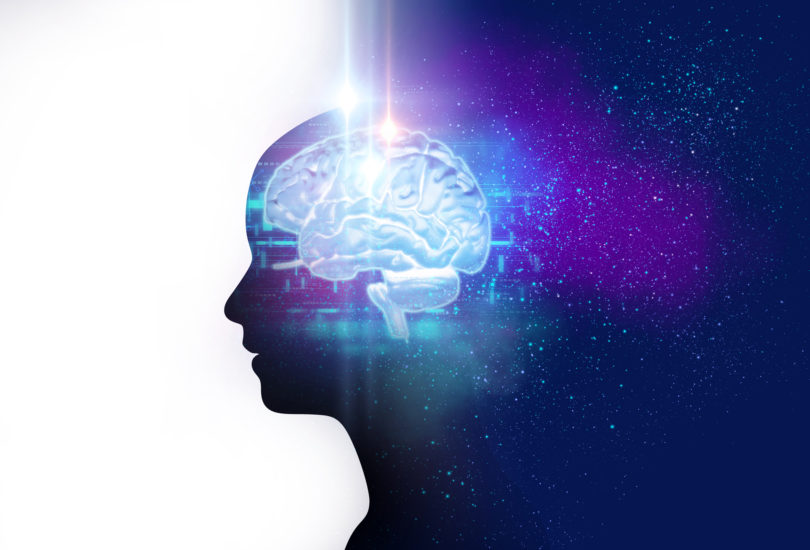A popular saying from the world of substance abuse recovery is “fake it ‘til you make it.” Like many of the slogans that have come out of the Alcoholics Anonymous movement, this one is as simple as it is profound. For recovering addicts, faking it refers to letting go of the notions that one doesn’t know how to work a program or can even imagine a life without drug use. Instead, one simply acts the way someone would if they were in recovery.
In practical terms, this means calling a sponsor rather than a drinking buddy, attending an AA meeting rather than heading for 7-Eleven or the ABC store or reciting the Serenity Prayer rather than ruminating on life stressors.
In the world of psychotherapy and wellness, the slogan is usually met with some laughter and/or skepticism. The “I gotta keep it real” crowd often pushes back, believing that pretending to be someone they are not is dishonest and not helpful.
But this method, also referred to as “acting as if,” is easy to defend, easy to encourage and even easier to implement. As Isaac Newton once said, “Truth is ever to be found in simplicity, and not in the multiplicity and confusion of things.”
Explaining the “as if” method to therapy clients, or to groups seeking ways to break out of unhealthy patterns, begins by pointing out that most of us are already acting on false beliefs. Examples include the depressed person who thinks that nothing has ever gone right for them, the anxious person who insists they already know, for certain, that a future event is inevitable or the lonely person who knows they will never find true love.
It’s not hard to point out to most people that they are already living “as if” with the mind’s negativity bias pulling them toward truths that are not self-evident, but, instead, non-self-affirming and self-injurious. The challenge to them is quite simple — use the power of belief to create positive change.
The ultimate experience of the power of fakery is the placebo effect. While often dismissed as sugar pill trickery, both medical and neuroscience experts admit that the mind/body’s ability to alter its chemical make-up as a result of a belief points to an amazing ability for self-healing. A 2010 study outlined in the medical journal PLOS ONE found that patients who were told that they were going to be given a placebo — rather than the real drug — and were also told that placebos often have healing effects reported real improvement in their symptoms often comparable to the improvement seen with the best real drugs.
The American biologist Bruce H. Lipton suggests that the placebo effect is “so powerful for every type of healing” due to the very fact that “if the brain expects that a treatment will work, it sends healing chemicals into the bloodstream, which facilitates that.” The practical applications of this effect cover a wide spectrum. The sugar pill in the “as if” method is the belief that one has already achieved the sought-after goal and acts in accordance with that belief — i.e. the depressed person acts hopeful and competent, the anxious person fearless and confident.
Neuropsychology tells us that the more we revisit a belief, the stronger the neural connection is in the brain to support that belief. Called the Hebbian Principle, this is simply stated as, “Neurons that fire together, wire together.” Additionally, the basic principle of physiology that the more we repeat a behavior the better we get at it — what I call the Parent Principle, often expressed as “practice makes perfect”— means that real changes are being hard-wired and habituated.
Undoubtedly, faking it may not be a cure for all ills — there are real problems that require real solutions. But what solution has not started in someone’s imagination? What is reality other than a belief made tangible, or, as Einstein pointed out, “Imagination is more important than knowledge. For knowledge is limited, whereas imagination embraces the entire world, stimulating progress, giving birth to evolution.”
Think of the possibilities for self-healing when we consider that reality is not “out there” but within, and that in a mind-warp that would astound old Albert, fiction becomes fact.

